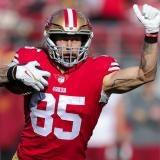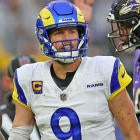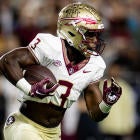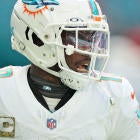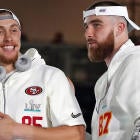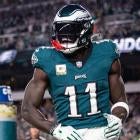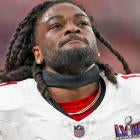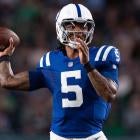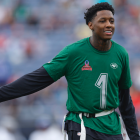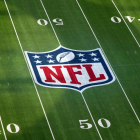Former Ohio St. cornerback Eli Apple, considered a first-round pick in the 2016 NFL Draft, said Friday that a coach on the Falcons' staff asked him if he liked men during last month's combine.
Falcons head coach Dan Quinn subsequently expressed his disappointment in a statement, and said he had spoken with the assistant to explain "how inappropriate and unprofessional" the question was. But was the question also illegal?
As SI.com legal analyst Michael McCann explains, "The NFL clearly prohibits teams from asking players about their sexual orientation, among other topics that implicate privacy interests and that are irrelevant to someone’s ability to play football."
And while federal law doesn't bar sexual discrimination by private employers, 22 states, the District of Columbia, and various cities and counties do, according to the Human Rights Campaign. This includes Atlanta, where the Falcons are based, and Indianapolis, which is the home of the combine.
"Given that the NFL combine is in Indianapolis and given that nearly all teams play home or away games in jurisdictions that prohibit sexual orientation discrimination, all NFL teams could be vulnerable to litigation if their coaches and scouts discriminate on the basis of sexual orientation," McCann writes.
Sexual orientation discrimination is addressed in the NFL's collective bargaining agreement but issues arise when the conversation is extended to include players who have left college but haven't yet begun their NFL careers. That's where Apple falls -- as did Nick Kasa and Le'Veon Bell, players who were asked about their sexual orientation at the combine in 2010 and 2013, respectively.
From McCann:
Under Article 49, any discrimination on the basis of race, religion, national origin or sexual orientation against a player is prohibited. This prohibition allows the NFL to punish a coach or scout that subjects a player to homophobic taunts, derogatory insults or inappropriate lines of questioning. It could also be interpreted as requiring NFL teams to remove fans from stadiums who heckle a player on the basis of sexual orientation.
Whether Article 49 protected Apple is up for debate because it's unclear when Apple becomes a member of an NFL team. Is it in the run up to the draft (the combine, the private workouts for NFL teams), the moment a team drafts a player and has his exclusive rights, the moment that player signs a contract with the team and receives payment, or the moment that player takes the field in an NFL game?
But McCann points out that "under federal labor law, collectively bargained rules generally apply to both current and prospective players."
It's a convoluted legal issue that doesn't appear to have a simple solution. Other than, you know, coaches not asking those questions in the first place.
In the meantime, NFL spokesman Brian McCarthy says the league will investigate the matter further.
"This is disappointing and clearly inappropriate as the Falcons acknowledged," McCarthy told PFT. "We will look into it."









